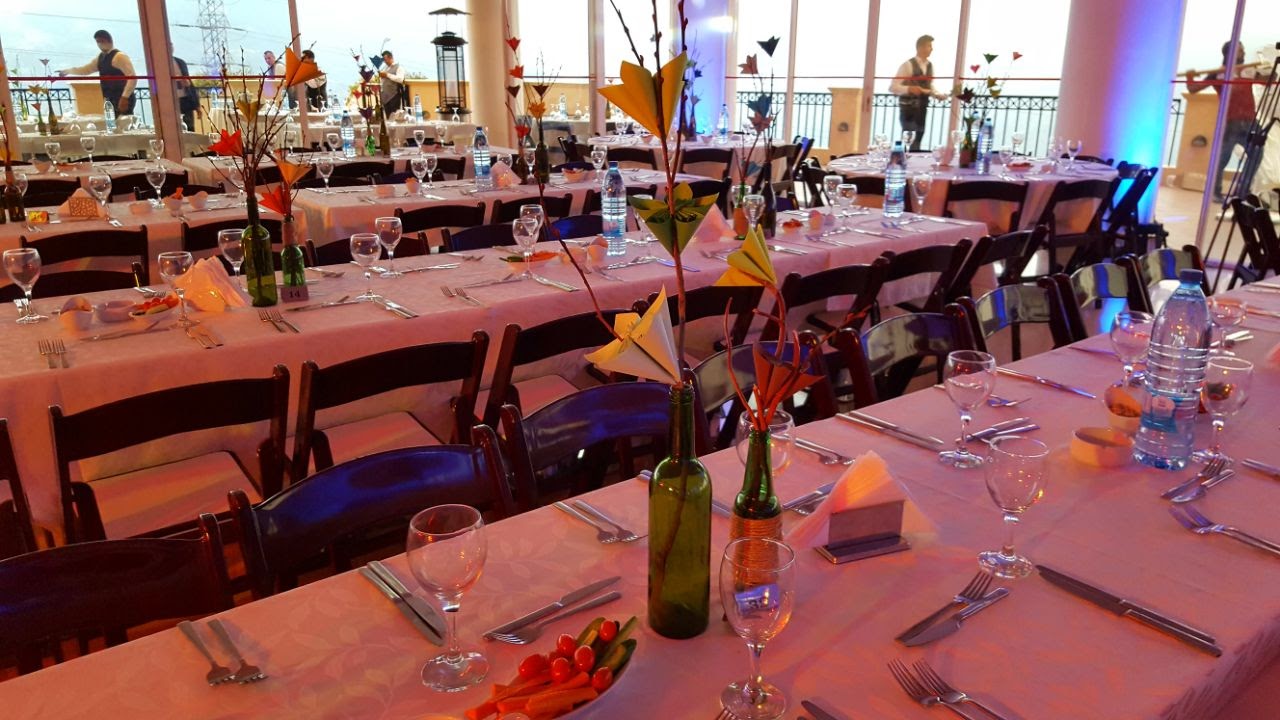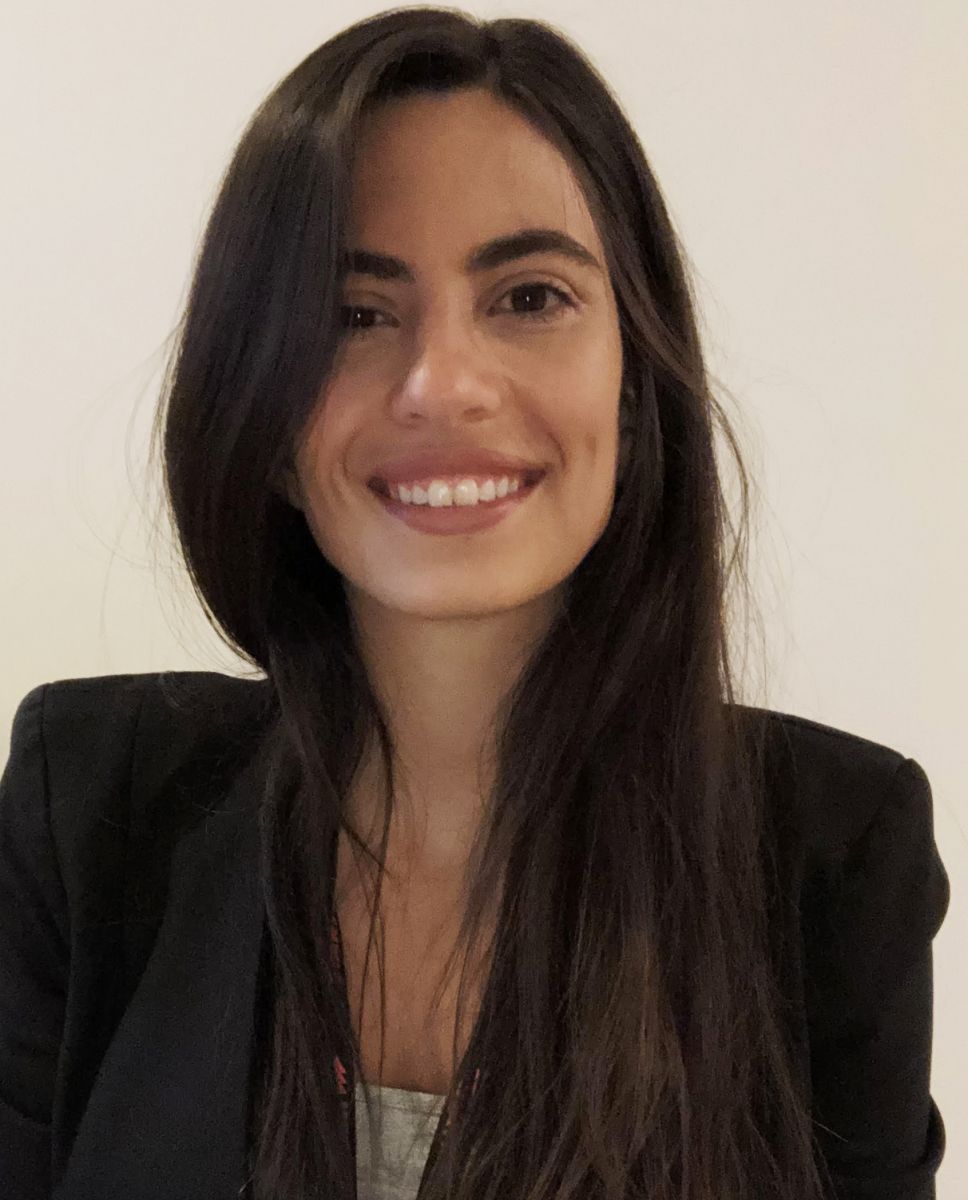It turns out YouTube is a useful resource when you want to save money on decorating a fundraising event for the NGO you helped found.
Lara Eid, currently an intern on the Global Terrorism Database (GTD), learned how to make origami flowers from YouTube videos, then taught her friends and fellow co-founders of Hayda Baytak the skill, so that they could make hundreds of flowers to put on the tables for a fundraising dinner.

“It took an entire evening of us just wrapping,” Eid said. “It was a fun teamwork effort.”
Hayda Baytak is an organization that supports orphaned students, and to date has covered the tuition fees of more than 30 students, renovated five orphanages and given stationery to more than 300 students. The organization was established in honor of Eid’s friend, an orphan who died in a car accident.
“Hayda baytak means ‘This is your home,’” Eid said. “It is a sentence our friend would always say to us when we went to his house. He loved school and thought of it as his second home, and so we decided to give others an opportunity to pursue their education, even if they have suffered a similar tragedy.”
Eid was born and raised in Lebanon, and her family encouraged her passion for politics.
“Politics has been an interest for me ever since I was a kid,” Eid said. “My family and I used to go to demonstrations against the Syrian regime’s occupation of Lebanon. This thing about Lebanon is, because my parents lived through the civil war, they are political not by choice but by necessity.”
Eid first came across the GTD while working for Quantum Communications in Lebanon, where she used the database in drafting online content on counterterrorism and political themes.
“I liked it as a source, and that’s how I decided I wanted to be one of the people who actually worked on the database, instead of just using it,” Eid said.
Eid majored in business administration and marketing at the American University of Beirut (AUB), but when she went to work at Quantum Communications her focus shifted.
“All the projects that they were giving me at work ended up being political just because it was something I was interested in,” Eid said. “That’s how I shifted from being strictly communications to more political content.”

Eid has a wide range of interests, including policy making, counterterrorism and the history of war crimes in Lebanon, and she became particularly animated when talking about the Syrian refugee crisis.
“The refugee situation is very peculiar because the Syrian regime does not want the refugees to return, although they say they do,” Eid said. “The regime is putting in place a lot of policies to prevent refugees from coming back to Syria. They’re destroying infrastructure, they’re destroying public records, they’re not recognizing birth certificates. So it’s a whole messed up situation where one has to look at both sides.”
In addition to her internship with the GTD, Eid is working towards her master’s degree in Global Policy Studies with a specialization in International Development at the University of Texas at Austin, under a Fulbright scholarship. She is also working on a portfolio certificate in Security Studies from the Clements Center for National Security.
In her down time, she likes to read about history and philosophy, including writers like Kant, Hegel, Socrates, Aristotle and Marcus Aurelius, and is currently reading Herodotus’ The Histories for one of her classes.
“I love it,” Eid said. “Reading Herodotus is like watching Game of Thrones, or 300.”
Her love of history doesn’t stop at her leisure reading; Eid would like the past to play a role in her future.
“I’d like to publish a book one day, about the war crimes in Lebanon during the civil war,” Eid said. “It’s not about holding grudges. It’s just like how the GTD is a compilation of events, it’s good to have something like that for an eventual reconciliation, or due process. But if you don’t hear the history of the people who fought—if their generation dies without having told their stories—then we’re going to be doomed to repeat the same mistakes. So that’s why I would like to help them write it.”
